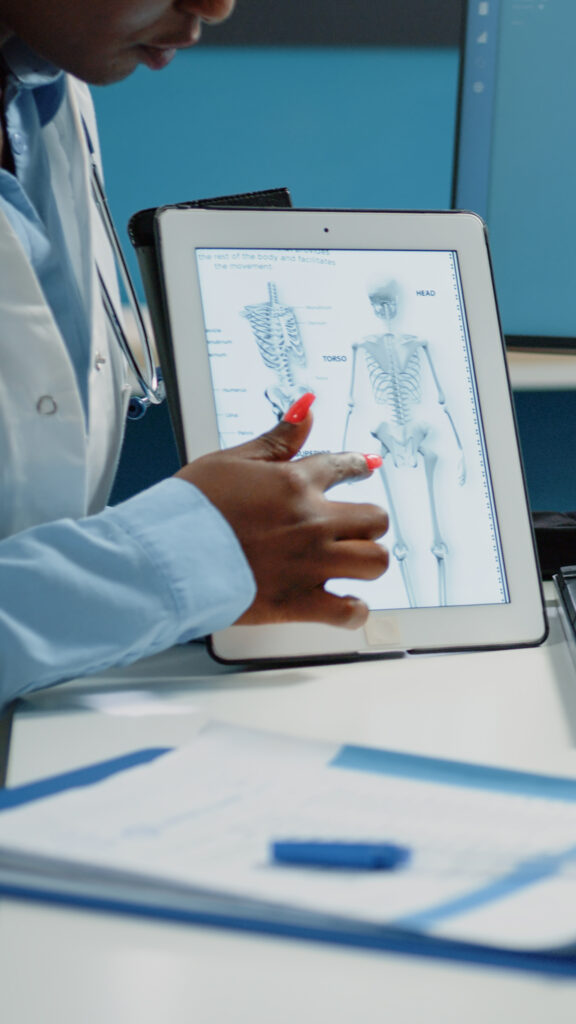Osteoporosis is a condition characterized by weakened bones, which increases the risk of fractures and breaks. It’s often called a “silent disease” because bone loss occurs without any symptoms until a fracture occurs. Early detection and management are key to preventing severe complications. One of the most effective tools for diagnosing and monitoring osteoporosis is a DEXA scan. But why is this scan so important?

Content
Understanding Osteoporosis
Osteoporosis happens when bones lose density, becoming porous and fragile. It primarily affects older adults, especially women after menopause, due to hormonal changes. However, anyone can be at risk due to factors such as genetic predisposition, dietary deficiencies, and lifestyle choices. Identifying osteoporosis early can significantly affect the management and prevention of fractures.
What is a DEXA Scan?
A Dual-Energy X-ray Absorptiometry (DEXA) scan is a specialized imaging test that measures bone mineral density (BMD). This non-invasive procedure is essential for diagnosing osteoporosis and assessing fracture risk. By comparing your bone density to that of a healthy young adult, the scan provides a clear picture of bone health.
Why You Should Consider a DEXA Scan
- Early Detection: Osteoporosis often develops without noticeable symptoms. A DEXA scan can detect bone loss before fractures occur, allowing for early intervention.
- Assessment of Fracture Risk: The results of a DEXA scan can help estimate your risk of fractures. This information is crucial for developing a personalized treatment plan to strengthen bones and reduce risk.
- Monitoring Progress: If you’re already receiving treatment for osteoporosis, regular DEXA scans help monitor the effectiveness of the therapy. This ensures that any necessary adjustments can be made to optimize bone health.
- Guiding Treatment Decisions: Based on your DEXA scan results, healthcare providers can recommend specific medications, lifestyle changes, or dietary adjustments tailored to improve bone density.
Finding a DEXA Scan Provider
If you’re concerned about your bone health or need to monitor osteoporosis, finding a reliable provider for a DEXA scan is essential. Searching for DEXA scans near me can help you locate local facilities that offer this critical diagnostic tool.
Conclusion
Osteoporosis is a serious condition that requires proactive management. A DEXA scan is a vital component in diagnosing and monitoring bone health. By detecting bone loss early and assessing fracture risk, you can take informed steps to manage osteoporosis effectively. If you’re at risk or currently managing osteoporosis, consult with your healthcare provider about scheduling a DEXA scan to safeguard your bone health.

Alina Smith is a health blog author with an interest in the intersection of wellness and mental health. She’s worked as a writer, editor, and communications specialist for various healthcare organizations. Alina has also led projects to improve access to care for underserved populations in both rural and urban settings.













